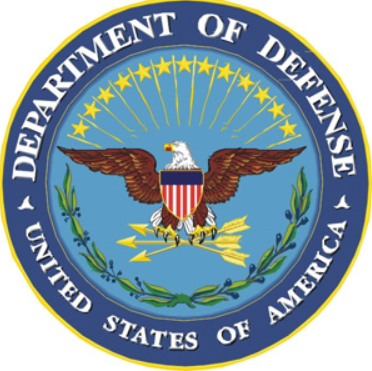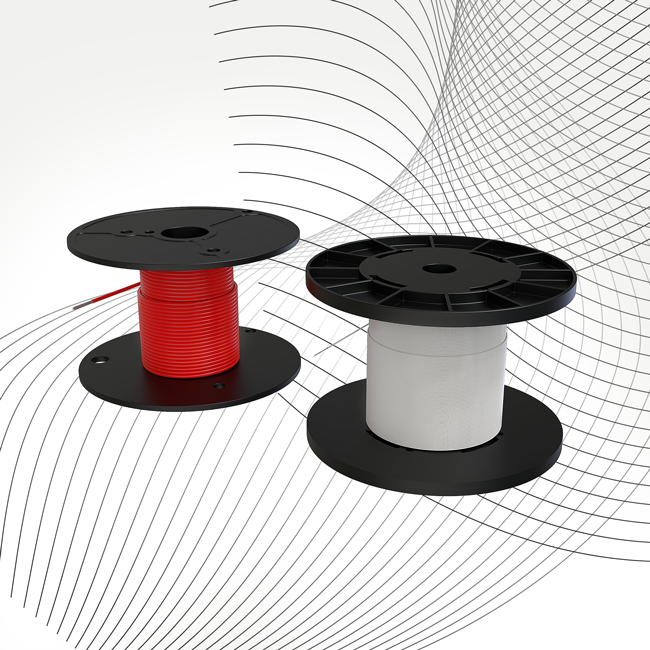MIL Cables and Wires: MIL Specifications in Aviation
In the aviation industry, cables and wires play a critical role in ensuring the safety and reliability of onboard electrical and electronic systems. One of the most renowned and longstanding standards in this field are the MIL specifications, developed by the U.S. Department of Defense. Although some of these standards are now outdated, they remain relevant and are still widely applied, particularly in military and commercial aircraft.

What Are MIL Specifications?
MIL specifications, also known as MIL standards, were originally developed for military applications to ensure that components could withstand extreme conditions such as high temperatures, vibrations, humidity, and chemical and mechanical stress. However, their use has since expanded within the aviation industry. Major manufacturers such as Airbus and Boeing have developed their own standards, often based on MIL specifications. These manufacturer-specific standards are typically interchangeable with MIL specifications, meaning that a cable certified under a MIL standard (MIL cable) often meets the requirements of the manufacturers’ standards as well.
Distinguishing Between MIL Cables and MIL Wires
In the aviation industry, a distinction is made between cables and wires. Wires are generally single-core and unshielded, while cables consist of multiple cores and may be shielded. This distinction is important because it pertains to different applications and specifications. For example, the MIL-W-22759 standard describes single-core electrical wires, while MIL-C-27500 covers multi-core, shielded, and unshielded cables.

Applications of MIL Cables in the Aviation industry
MIL cables and wires are used in various areas of the aviation industry, ranging from avionics systems to engine components. Major airlines like Lufthansa often adhere to these standards when specific cables and wires are required. In such cases, it is often necessary to identify corresponding MIL numbers that match the manufacturers’ standards.
For general aviation, which includes all aircraft not registered with major airlines, MIL specifications are also integral. The FAR 23 and FAR 25 regulations, which impose stringent requirements for the safety and reliability of materials, are particularly relevant here. In practice, these regulations are often flexible, allowing operators to use whatever is available and meet the necessary requirements.
Key Features of MIL Cables and Wires
- Lightweight and Compact Design: In aviation, weight is a critical factor. MIL cables and wires are engineered for minimal weight and a compact form factor, minimizing the overall weight of the aircraft and saving space.
- High Temperature Resistance: MIL cables must withstand the extreme temperatures that can occur at high altitudes or near engines. They maintain their electrical properties under these harsh conditions.
- Vibration and Shock Resistance: Aircraft are constantly exposed to vibrations and mechanical stress. MIL cables and wires are robust enough to withstand these challenges.
- Resistance to Moisture and Corrosion: These cables are resistant to moisture, chemicals, and corrosive environments, which is especially important for aircraft operating in maritime or tropical regions.
- Strict Electrical Performance Requirements: MIL cables meet high standards regarding insulation resistance, voltage endurance, and conductivity, ensuring the safety and functionality of electrical systems.
- Fire Resistance: MIL cables are flame-retardant and designed to emit minimal smoke and toxic gases in the event of a fire, enhancing onboard safety.
Typical MIL Standards
- MIL-W-22759: This standard covers a wide range of single-core electrical wires known for their high-temperature tolerance and mechanical strength. It includes AWG sizes from 0000 to 26, with the wire gauge decreasing as the AWG number increases. AWG 24 and AWG 26 are not approved for individual installation and are therefore rarely used.
- MIL-C-27500: This standard describes multi-core, shielded, and unshielded cables used in applications demanding electromagnetic compatibility (EMC) and mechanical durability.
- MIL-C-17: This standard refers to coaxial cables, which are widely used in aviation.
Material Selection and Availability of MIL Cables
Material choice is crucial when selecting MIL cables and wires. Various conductor materials such as copper, tinned copper, silver-plated copper, and nickel-plated copper are used, each suitable for different temperature ranges: from 150°C for pure copper to 260°C for nickel-plated copper. However, these temperature ranges are only valid when combined with appropriate insulation materials. Fluoropolymers like ETFE, FEP, and PTFE, known for their high-temperature resilience, are commonly used for insulation.
Another advantage of MIL cables is that they are available in small quantities at competitive prices. To make these wires and cables accessible to operators in general aviation, companies like GREMCO offer them in smaller quantities.
Conclusion
MIL cables and wires are an indispensable component of the aviation industry. They offer a combination of lightweight design, high-temperature resistance, mechanical durability, and electrical reliability that is crucial for use in aircraft. Although some of these standards are outdated, they have proven effective in practice and remain an important reference in aviation. Thanks to their interchangeability with manufacturer-specific standards and broad availability, they are an efficient and reliable choice for both major airlines and operators in general aviation.
We would be pleased to advise you on our product range and the possible applications of the Fitcoflex woven hose polyethylene. Please contact us!



